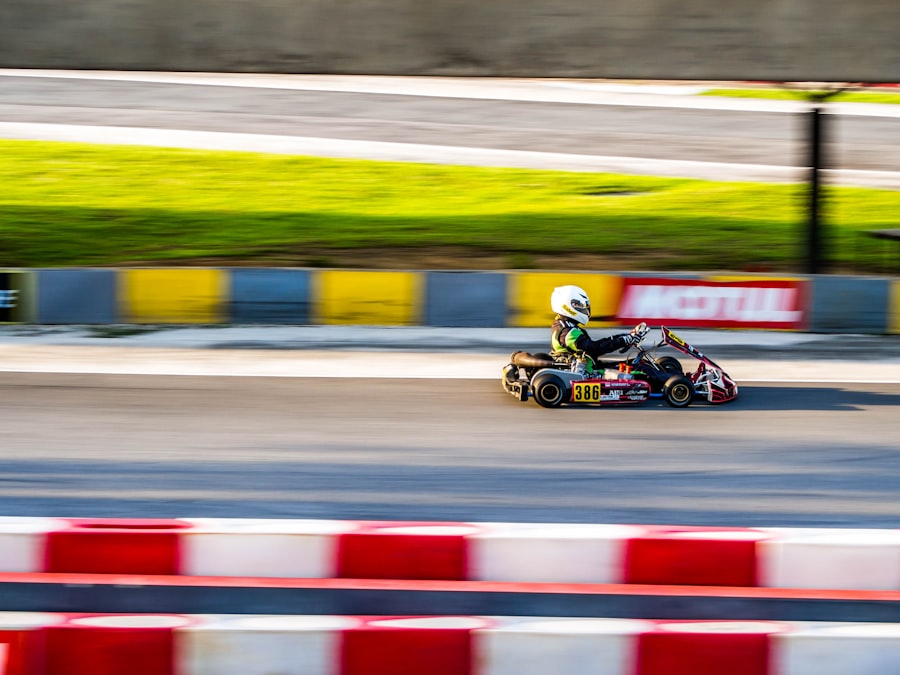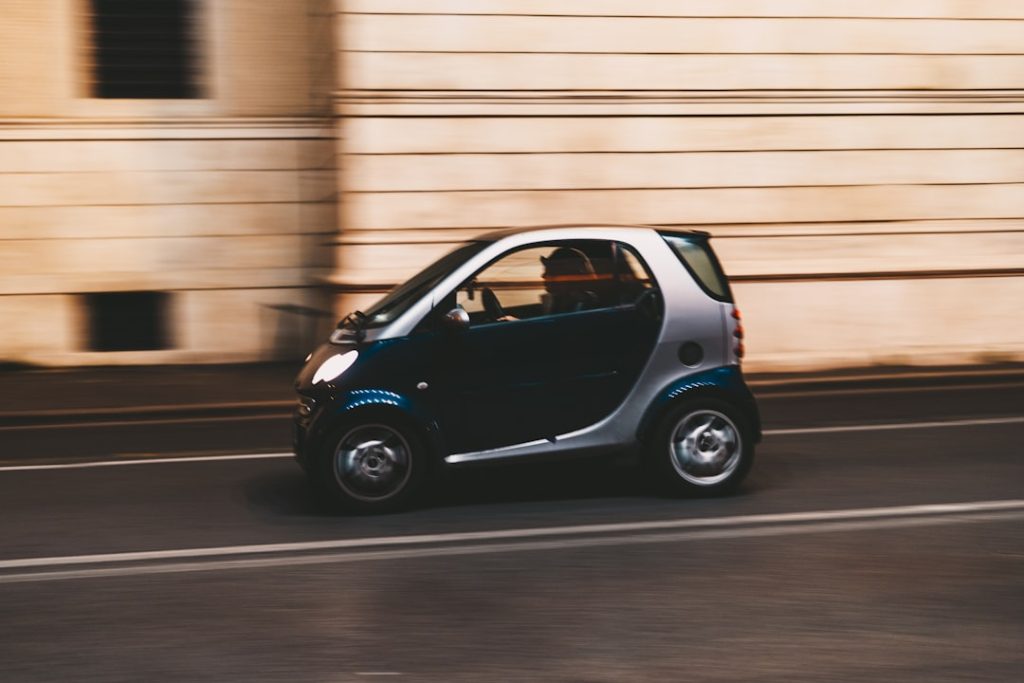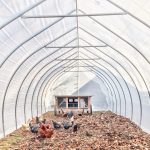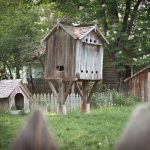Raccoons and possums are nocturnal, omnivorous animals that are active primarily at night. They consume a diverse diet including fruits, vegetables, insects, small animals, and human refuse. Raccoons possess dexterous front paws, enabling them to manipulate objects and open containers.
Both species are adept climbers, capable of scaling fences and trees to access food sources. Possums are particularly opportunistic feeders, consuming whatever is readily available. These animals exhibit high levels of intelligence and adaptability, making them challenging to deter once they have identified a reliable food source.
They demonstrate persistence, often returning to locations where they have previously found sustenance. Their cognitive abilities and physical attributes, such as climbing skills and manual dexterity, make them formidable adversaries when attempting to secure a chicken coop or run. The nocturnal nature of raccoons and possums presents additional challenges for monitoring and preventing their activities.
Their behavior patterns and capabilities must be thoroughly understood to implement effective deterrent measures and protect chickens and their food supplies from these opportunistic foragers.
Table of Contents
- 1 Securing the chicken coop and run
- 2 Installing motion-activated lights and sound deterrents
- 3 Using natural repellents
- 4 Removing food sources
- 5 Keeping the surrounding area clean and tidy
- 6 Monitoring and reinforcing deterrent measures
- 7 FAQs
- 7.1 What are the potential threats posed by raccoons and possums to chickens?
- 7.2 What are some effective ways to keep raccoons and possums away from chickens?
- 7.3 Are there any natural deterrents that can be used to keep raccoons and possums away from chickens?
- 7.4 What should I do if I suspect raccoons or possums are targeting my chickens?
- 7.5 Are there any legal considerations when dealing with raccoons and possums?
Key Takeaways
- Raccoons and possums are nocturnal animals that are attracted to chicken coops and runs due to the availability of food and shelter.
- Securing the chicken coop and run with sturdy fencing and latches can help prevent raccoons and possums from gaining access.
- Installing motion-activated lights and sound deterrents can startle and deter raccoons and possums from approaching the chicken coop and run.
- Natural repellents such as predator urine or ammonia can be used to discourage raccoons and possums from entering the area.
- Removing food sources such as spilled grain or fallen fruit can help reduce the attractiveness of the area to raccoons and possums.
- Keeping the surrounding area clean and tidy can help eliminate potential hiding spots and nesting areas for raccoons and possums.
- Regular monitoring and reinforcing of deterrent measures is important to ensure continued effectiveness in keeping raccoons and possums away from the chicken coop and run.
Securing the chicken coop and run
Inspecting and Reinforcing the Perimeter
Start by inspecting the perimeter of the coop and run for any potential entry points such as gaps in the fencing, loose boards, or holes in the ground. Use hardware cloth or welded wire mesh to reinforce any weak spots and prevent the animals from gaining access.
Securing Doors, Windows, and the Run
Make sure to secure all doors and windows with sturdy locks or latches that cannot be easily manipulated by raccoons’ nimble paws. Consider installing an apron of hardware cloth around the perimeter of the coop and run to prevent digging from possums. This involves burying the wire mesh several inches into the ground and extending it outwards to create a barrier that will deter digging animals.
Adding a Roof or Cover to the Run
Additionally, consider adding a roof or cover to the run to prevent raccoons and possums from climbing over the top. This can be done using wire mesh or netting that is securely fastened to the top of the run.
Installing motion-activated lights and sound deterrents

Installing motion-activated lights and sound deterrents can be an effective way to deter raccoons and possums from approaching your chicken coop and run. Motion-activated lights are triggered by movement, which can startle and deter nocturnal animals such as raccoons and possums. Place these lights around the perimeter of the coop and run to create a well-lit area that will make it less appealing for these animals to approach.
Sound deterrents emit high-frequency noises that are unpleasant for raccoons and possums, causing them to avoid the area. These devices can be placed strategically around the coop and run to create a barrier of sound that will deter these animals from getting too close. Some sound deterrents also emit predator calls or distress signals that can further discourage raccoons and possums from approaching.
Installing motion-activated lights and sound deterrents can help deter raccoons and possums from approaching your chicken coop and run. Motion-activated lights startle nocturnal animals, making the area less appealing for them to approach. Sound deterrents emit high-frequency noises that are unpleasant for these animals, causing them to avoid the area.
Some sound deterrents also emit predator calls or distress signals that can further discourage raccoons and possums from getting too close.
Using natural repellents
Using natural repellents can be an effective way to deter raccoons and possums from accessing your chicken coop and run. There are several natural substances that these animals find unpleasant, such as garlic, pepper, and vinegar. You can create a homemade repellent by mixing these ingredients with water and spraying it around the perimeter of the coop and run.
Reapply the repellent regularly, especially after rain, to maintain its effectiveness. Another natural repellent is predator urine, which can be purchased from outdoor supply stores. The scent of predator urine signals danger to raccoons and possums, causing them to avoid the area.
Place containers of predator urine around the perimeter of the coop and run to create a barrier that will deter these animals from approaching. Using natural repellents such as garlic, pepper, vinegar, and predator urine can help deter raccoons and possums from accessing your chicken coop and run. Create a homemade repellent by mixing these ingredients with water and spraying it around the perimeter of the coop and run.
Reapply the repellent regularly to maintain its effectiveness, especially after rain. Additionally, place containers of predator urine around the perimeter to create a barrier that will deter these animals from approaching.
Removing food sources
Removing food sources is essential in deterring raccoons and possums from your property. Keep all chicken feed in secure containers that cannot be easily accessed by these animals. Clean up any spilled feed promptly to prevent attracting raccoons and possums to the area.
Additionally, avoid leaving pet food outside overnight as this can also attract these animals. Secure garbage cans with tight-fitting lids to prevent raccoons from rummaging through them for food scraps. Consider using bungee cords or locks to further secure the lids if necessary.
Keep compost piles covered with a tarp or lid to prevent raccoons and possums from accessing food scraps in the pile. Removing food sources such as spilled chicken feed, pet food, and accessible garbage cans is crucial in deterring raccoons and possums from your property. Keep all chicken feed in secure containers and clean up any spills promptly.
Secure garbage cans with tight-fitting lids and consider using bungee cords or locks for added security. Keep compost piles covered with a tarp or lid to prevent access by these animals.
Keeping the surrounding area clean and tidy

Remove Hiding Spots
Remove any debris or clutter that could provide hiding spots for raccoons and possums near the chicken coop and run. Trim back overgrown vegetation around the perimeter of the coop to eliminate potential hiding spots for these animals.
Keep Outdoor Areas Well-Maintained
Regularly clean up fallen fruits or vegetables from trees or gardens as these can attract raccoons and possums to the area. Keep outdoor areas well-maintained by mowing the lawn regularly and removing any tall grass or brush that could provide cover for these animals.
Regular Maintenance is Key
Regularly clean up fallen fruits or vegetables from trees or gardens, and keep outdoor areas well-maintained by mowing the lawn regularly. Remove any debris or clutter near the chicken coop that could provide hiding spots for these animals. Trim back overgrown vegetation around the perimeter of the coop to eliminate potential hiding spots for raccoons and possums.
Monitoring and reinforcing deterrent measures
Monitoring and reinforcing deterrent measures is essential in maintaining a secure chicken coop and run. Regularly inspect the perimeter for any signs of damage or potential entry points that need reinforcement. Check motion-activated lights and sound deterrents regularly to ensure they are functioning properly.
Reapply natural repellents as needed, especially after rain or heavy winds that may have washed away or diluted their effectiveness. Keep an eye on food sources such as spilled feed or accessible garbage cans, and promptly address any issues that may attract raccoons or possums to the area. Monitoring and reinforcing deterrent measures is crucial in maintaining a secure chicken coop and run.
Regularly inspect the perimeter for signs of damage or potential entry points that need reinforcement. Check motion-activated lights and sound deterrents regularly to ensure they are functioning properly. Reapply natural repellents as needed, especially after rain or heavy winds that may have washed away or diluted their effectiveness.
Keep an eye on food sources such as spilled feed or accessible garbage cans, promptly addressing any issues that may attract raccoons or possums to the area. In conclusion, understanding the behavior of raccoons and possums is crucial in developing effective deterrent measures to keep them away from your chicken coop and run. Securing the coop with hardware cloth, installing motion-activated lights, using natural repellents, removing food sources, keeping the surrounding area clean, and monitoring deterrent measures are all important steps in protecting your chickens from these nocturnal predators.
By implementing these strategies, you can create a safe environment for your chickens while deterring raccoons and possums from accessing their food sources.
If you’re looking for tips on how to keep raccoons and possums away from your chickens, you may also be interested in learning about the importance of having a secure coop for your turkeys. Check out this article on Do Turkeys Need a Coop? to ensure that your turkeys are also protected from potential predators.
FAQs
What are the potential threats posed by raccoons and possums to chickens?
Raccoons and possums are known to prey on chickens, stealing eggs and even killing adult birds. They can also spread diseases to the flock.
What are some effective ways to keep raccoons and possums away from chickens?
Some effective methods include securing the chicken coop with strong locks, using motion-activated lights or sprinklers, and installing electric fencing. Additionally, keeping the area around the coop clean and free of food scraps can help deter these pests.
Are there any natural deterrents that can be used to keep raccoons and possums away from chickens?
Some natural deterrents include using predator urine or hair around the coop, as well as planting strong-smelling herbs like lavender or mint. However, these methods may not be as effective as physical barriers or electronic deterrents.
What should I do if I suspect raccoons or possums are targeting my chickens?
If you suspect raccoons or possums are targeting your chickens, it’s important to take immediate action to secure the coop and protect the flock. This may involve reinforcing the coop with stronger materials, setting up traps, or contacting a professional wildlife removal service.
Are there any legal considerations when dealing with raccoons and possums?
It’s important to check local laws and regulations before taking any action against raccoons and possums. In some areas, these animals may be protected species, and there may be specific guidelines for dealing with them. It’s best to consult with local wildlife authorities or animal control agencies for guidance.
Meet Walter, the feathered-friend fanatic of Florida! Nestled in the sunshine state, Walter struts through life with his feathered companions, clucking his way to happiness. With a coop that’s fancier than a five-star hotel, he’s the Don Juan of the chicken world. When he’s not teaching his hens to do the cha-cha, you’ll find him in a heated debate with his prized rooster, Sir Clucks-a-Lot. Walter’s poultry passion is no yolk; he’s the sunny-side-up guy you never knew you needed in your flock of friends!







